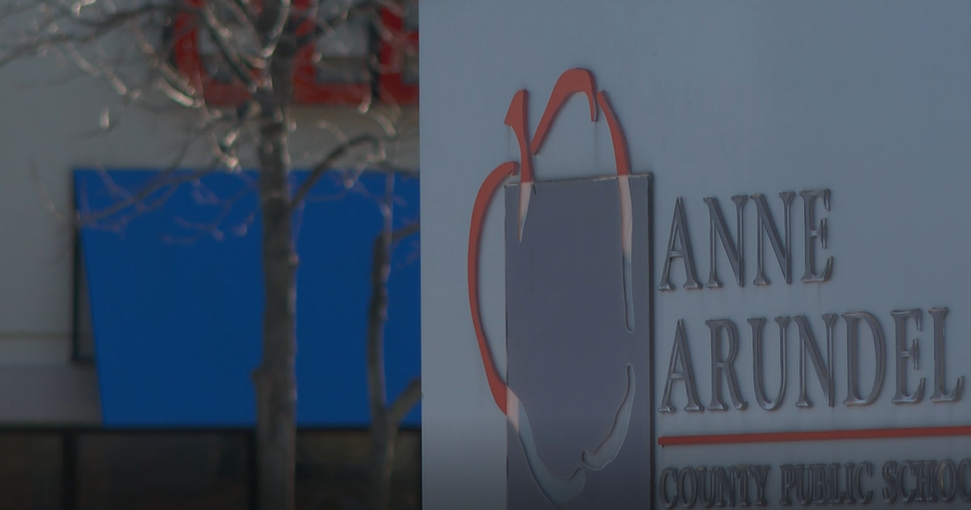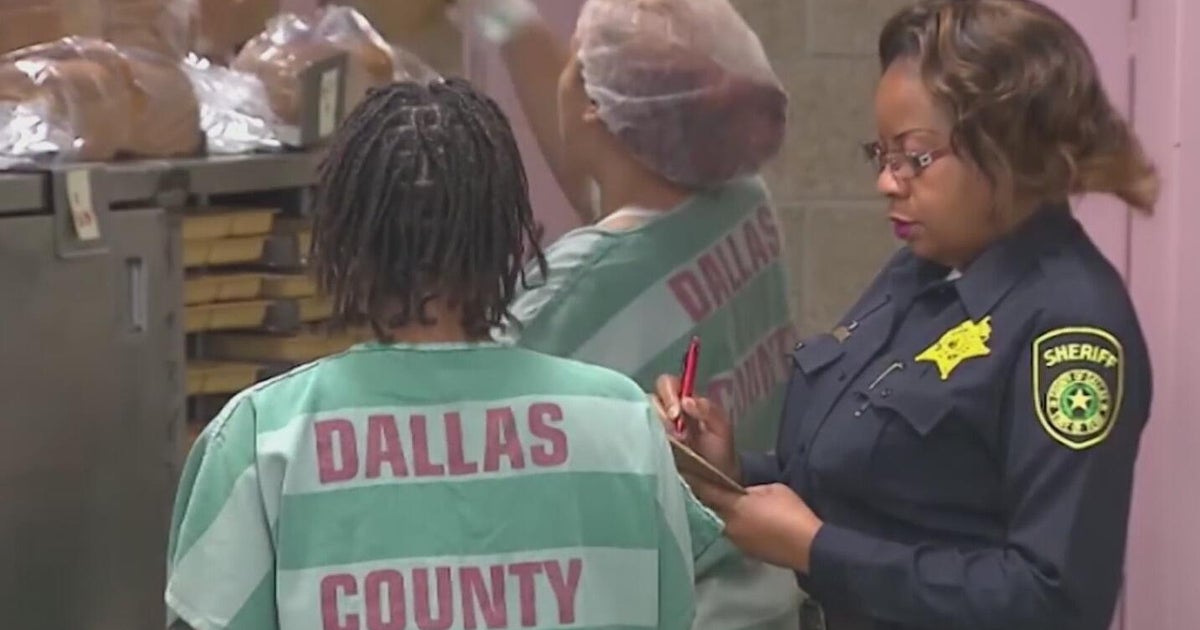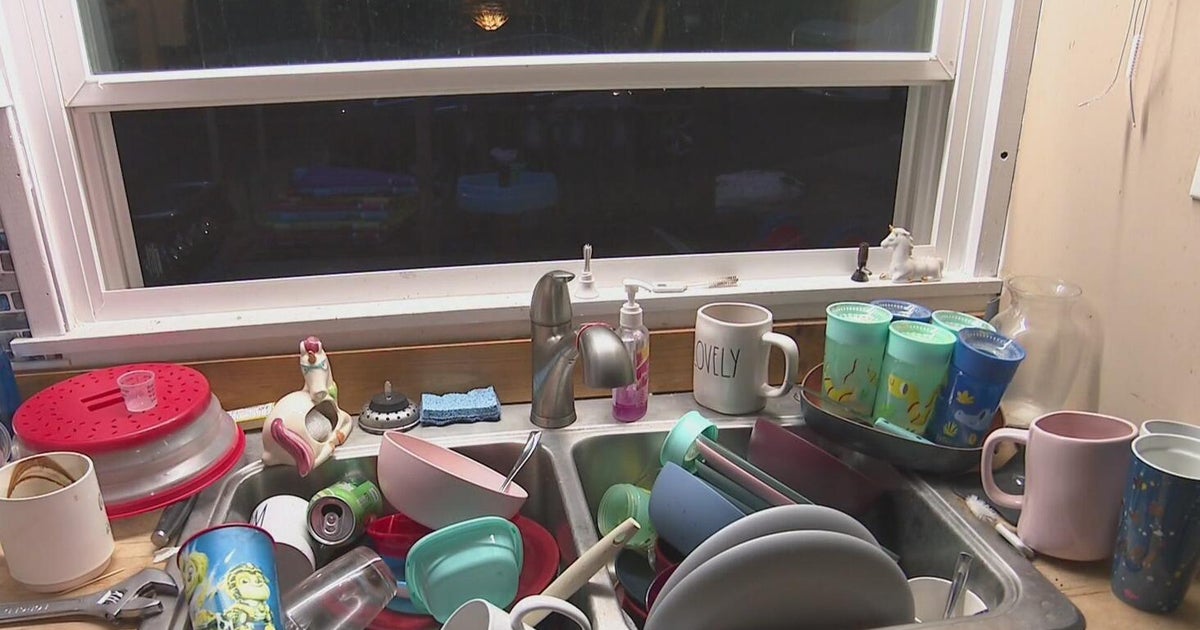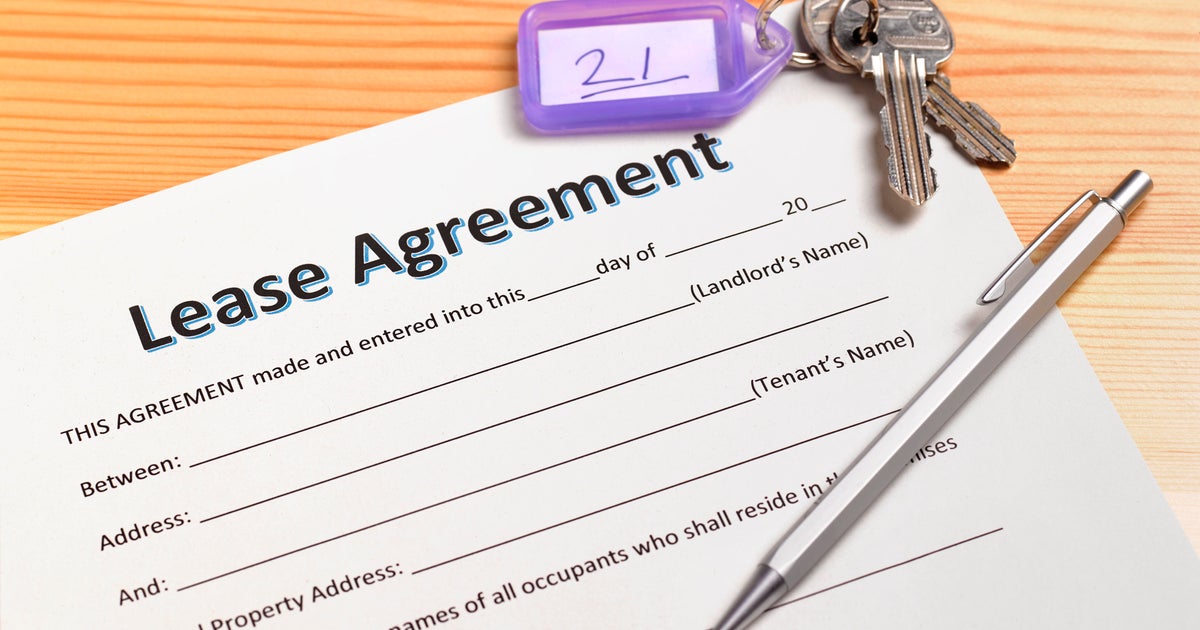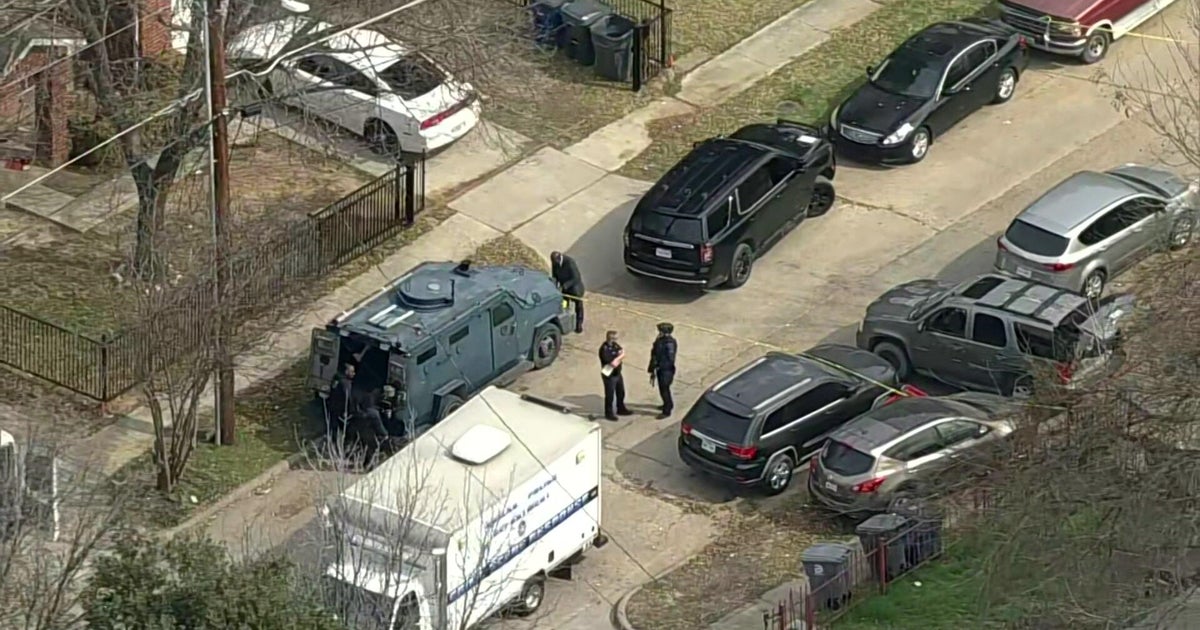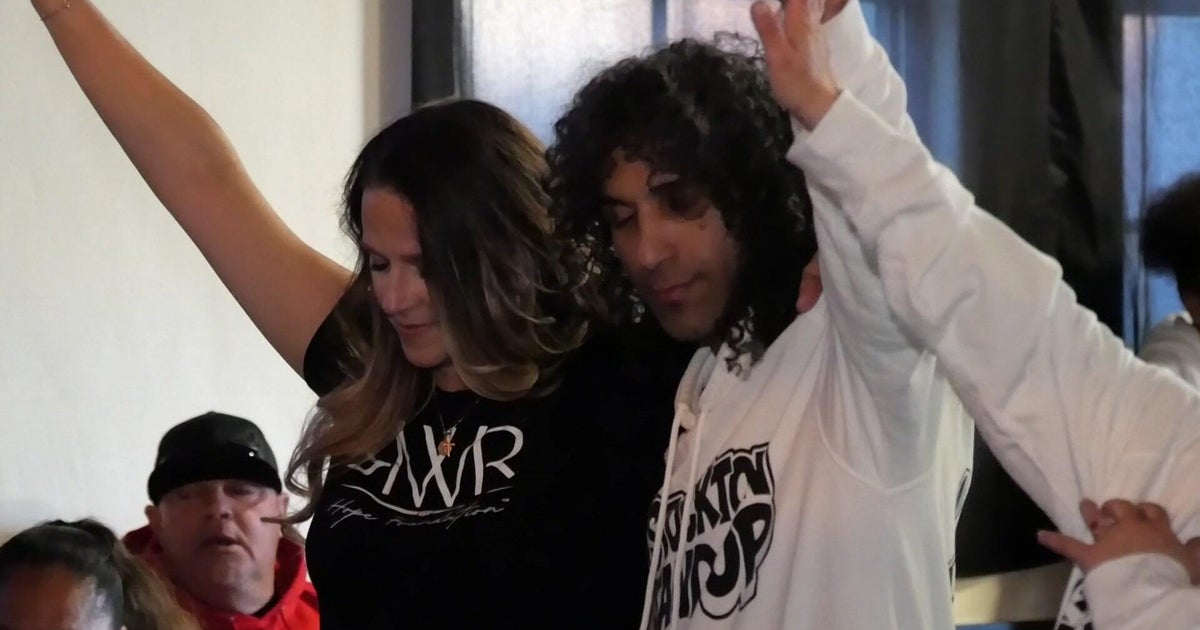Dallas moves closer to banning short-term rentals in residential neighborhoods
DALLAS (CBSDFW.COM) — For nearly three years, how to regulate or zone short term rentals in Dallas has been a point of contention.
The city council may finally be moving in a certain direction after a lengthy meeting Thursday night.
The Dallas City Plan Commission recommended that the city council categorize short term rentals (STRs) like Airbnb's Vrbo as lodging, meaning they can't operate in single-family household neighborhoods.
In a statement to CBS 11, Airbnb Public Policy Manager Luis Briones said, "Airbnb and our Host community support the city's efforts to develop fair short-term rental rules, but we are disappointed by the City Plan Commission's recommendations which would punish and prevent responsible property owners from home sharing. We'll continue to engage with local leaders in an effort to develop rules that help address community concerns and protect the property rights of Dallas residents who have come to rely on the extra income from home sharing to keep up with the rising cost of living."
"We feel they are inappropriate in residential neighborhoods," said Dallas homeowner Olive Talley.
Talley has been part of the effort to alert city leaders of the potential dangers STRs can bring to neighborhoods like hers.
"STRs bring crime, they bring disruption, they take away housing and they worsen the whole effort," added Talley.
Opponents of STRs, which are classified as properties are rented for less than 30 days, say should they be categorized as lodging; they already pay a hotel occupancy tax.
Dallas City Councilman Paul Ridley agrees.
"I'm a strong supporter of this amendment," he said. "It's simply a recognition that short term rental hotels are lodging... they are used for the purpose of commercial benefit. and they are not appropriate to operate in residential districts."
Ridley said he's heard numerous complaints in his district, which he says holds the largest number of STRs in the city.
"When short-term rentals bring strangers into the street and neighborhood, they are not recognizable. And that means there are strange cars, different people [making it harder] to identify who belongs there and who doesn't," said Ridley.
According to a recent report from the city, there are over 2,600 STR properties in Dallas.
Some local residents who operate these STRs have said they need the income and that this would hurt their business.
It's unclear when city council will take up this controversial topic.
"Hopefully we'll get some resolution and we'll get some peace in our neighborhoods," added Talley.
